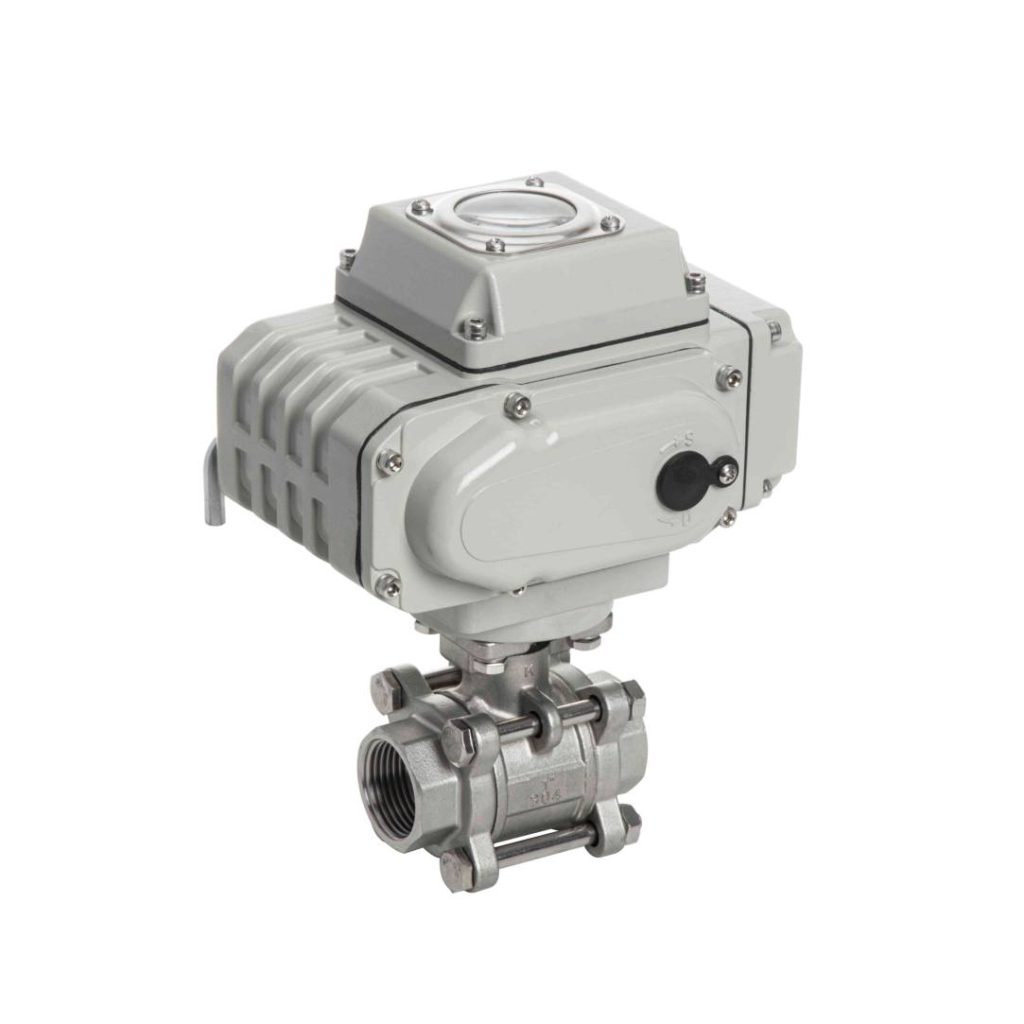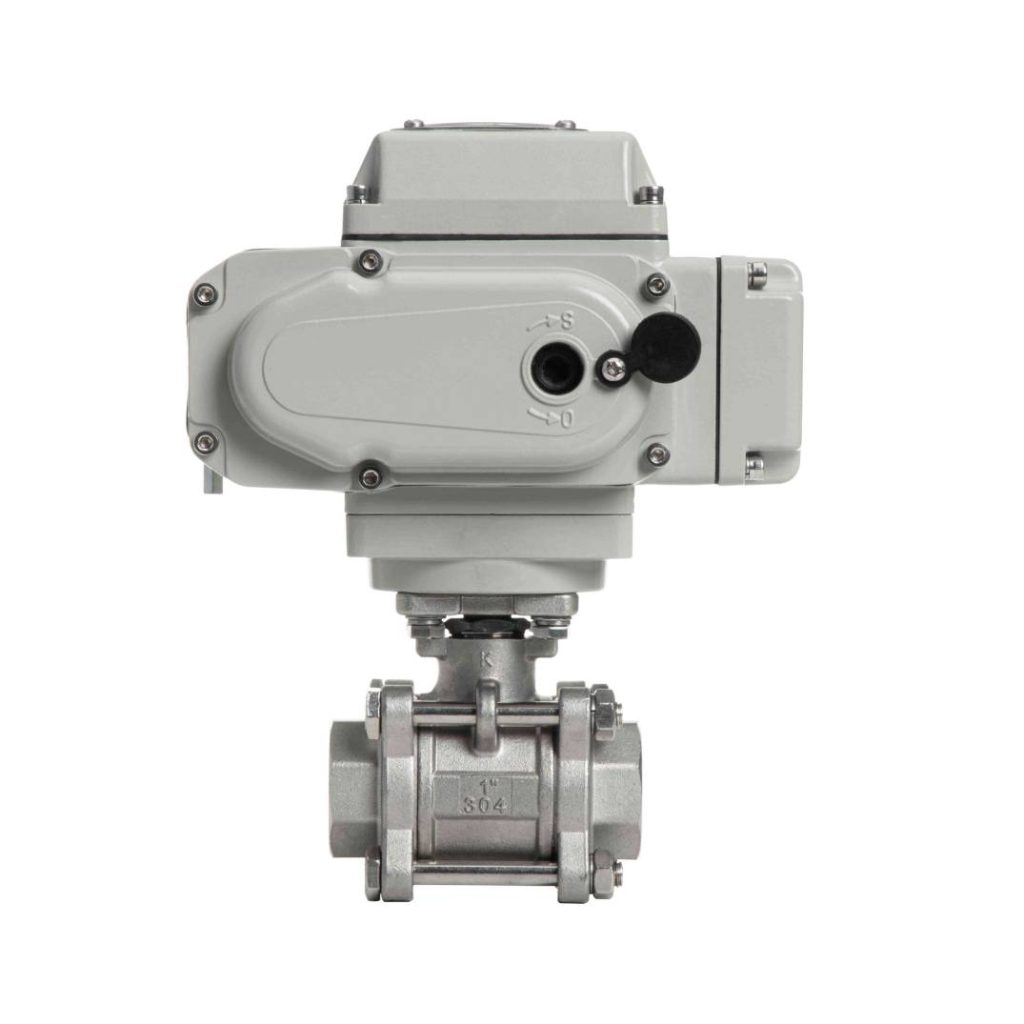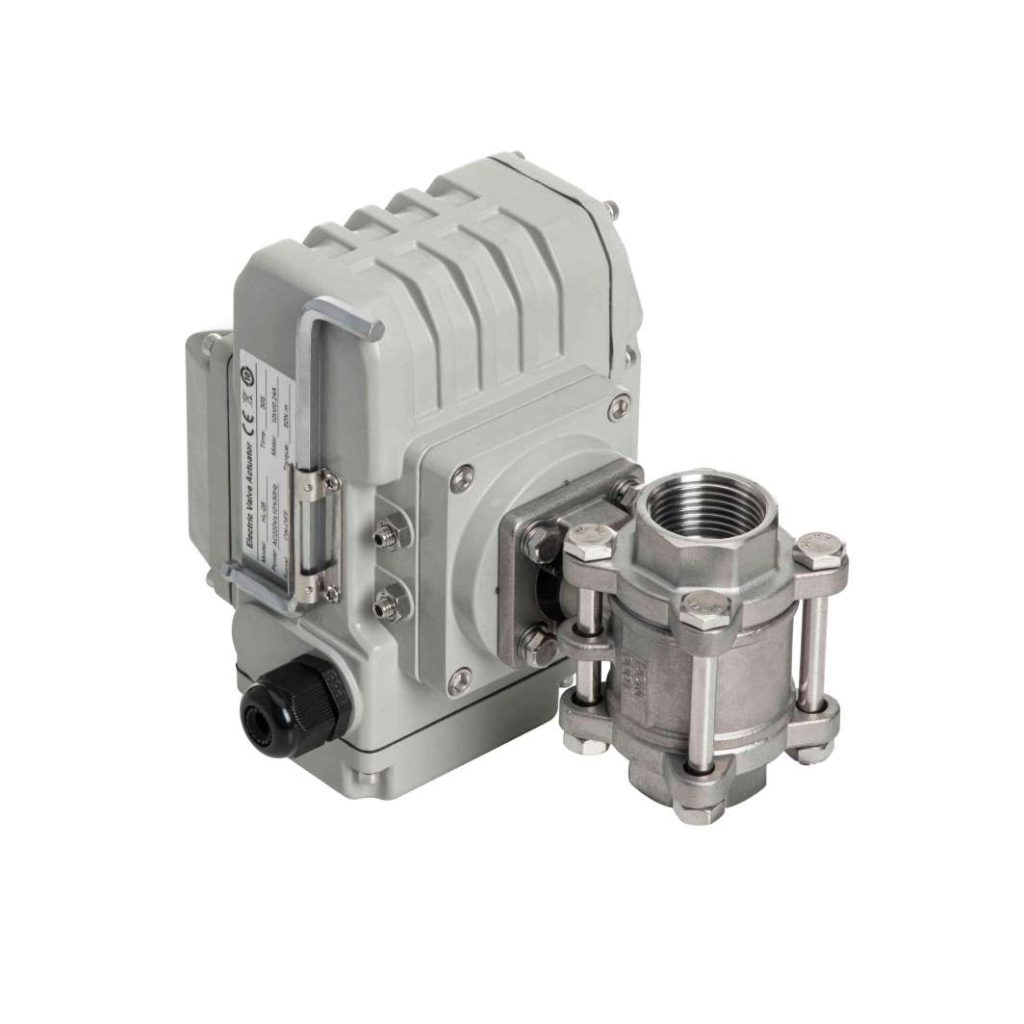The electric screw ball valve is an innovative and efficient solution for controlling the flow of fluids in a wide range of industries. Combining the traditional ball valve mechanism with an electric actuator, this valve type offers automated, precise, and reliable operation, making it an essential component in modern fluid control systems. In this article, we will explore the design, operation, applications, and advantages of electric screw ball valves, highlighting their significance in industrial processes.

What is an Electric Screw Ball Valve?

An electric screw ball valve is a type of ball valve that integrates an electric actuator to control the opening and closing of the valve. The key difference between traditional manual ball valves and electric screw ball valves lies in the actuator. While manual ball valves require operators to adjust the valve manually, electric screw ball valves utilize an electric motor to automate the operation, ensuring precise and efficient control. The term “screw” in this valve refers to the mechanical mechanism that translates the rotation of the motor into linear motion, which turns the valve ball to open or close the flow passage.
